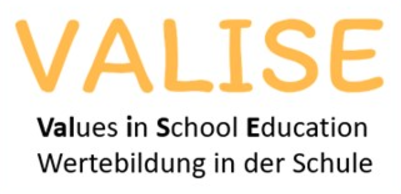Authors:
Oeschger, T. P., Makarova, E., Raman, E., Hayes, B., & Döring, A. K.
Goal of the study:
This study explored the dynamic relations over time between teachers’ value-related educational goals (the values they aim to instil in students) and the wider school climate.
Findings:
The study revealed that in schools that have a particular value-relevant climate (e.g., climate of innovation), later on teachers aim to promote the relevant values (e.g., values of self-direction and stimulation). The opposite direction of change was also found: In schools where teachers aimed to promote particular values, later on the overall school climate changed in the direction that matches these values. So, there is a two-way relation over time rather than a one-sided process. This means that, while school climate may have an impact on what values teachers strive to promote in their students, individual teachers may also shape the internal culture of the school over time.
The study also showed that during challenging periods, like the COVID-19 pandemic, teachers put more emphasis on the importance of values like security and conformity, reflecting a need to create stability. As conditions eased, they shifted their focus to aiming to promote values such as creativity and independence.
Implications for Educators:
Policy and Curriculum Level
Values education within schools is not static but highly responsive to both the internal dynamics of the school and larger world events. This means that policies need to d be flexible enough to account for external crises which can shift the focus of value education toward stability and security. At the same time, policies can be an effective tool to encourage schools to maintain long-term value goals during times of crisis, such as encouraging creativity, independence, and fairness.
School Level
Understanding the dynamic relationship between teachers’ goals and the school climate can provide valuable insights into values that prevail at a school. An open dialogue and collaboration, allowing teachers to feel that they make a clear contribution to the school’s climate, may lead to strong commitment to the schools’ values.
Classroom Level
Teachers hold a dual role as both followers and creators of the school’s educational climate. By promoting values that encourage positive behaviours such as openness, kindness, or perseverance, teachers not only guide their students, but they can also help create changes in the wider school culture.
The values that teachers prioritise in their classrooms may need to adapt to broader societal changes.
